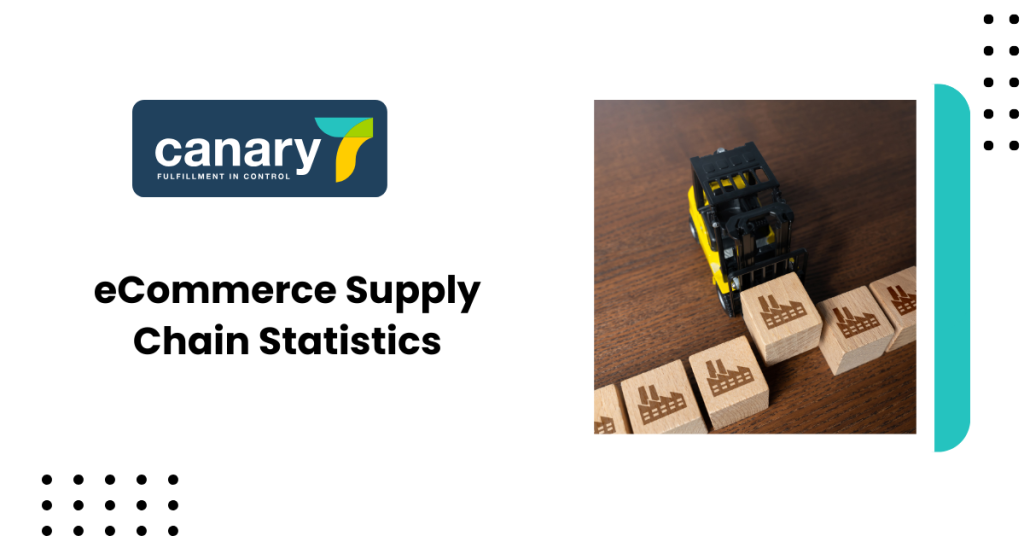70% of retailers have fully integrated their supply chains with eCommerce platforms post-pandemic (Statista 2024)
What it means:
The COVID-19 pandemic dramatically accelerated the shift to eCommerce, forcing retailers to integrate their supply chains with digital platforms. Today, over 70% of retailers have achieved full integration, enabling better management of inventory, order fulfillment, and last-mile logistics.
This statistic highlights the necessity for businesses to remain agile and flexible to meet the demands of the digital consumer. The need for efficient eCommerce warehouse management systems is more prominent than ever.
Nearly 50% of businesses plan to increase investment in warehouse automation in 2024 (Procurement Tactics)
What it means:
Warehouse management is one of the most challenging aspects of eCommerce fulfillment, with businesses handling larger inventories and tighter deadlines. As a result, nearly half of businesses are increasing their investments in warehouse management software and automated warehouse inventory to boost efficiency, reduce costs, and keep up with the surge in online orders.
Automation solutions, such as cloud-based WMS and stock control solutions, are now seen as essential tools for improving accuracy and speeding up fulfillment in eCommerce.
33% of supply chain leaders prioritize faster and more accurate fulfillment in 2024 (Invesp 2024)
What it means:
Fast and accurate fulfillment is no longer a luxury; it’s a necessity for eCommerce businesses. One-third of supply chain leaders focus on improving fulfillment speeds and accuracy, as online shoppers expect quick delivery and error-free service.
To achieve this, businesses are investing in last-mile delivery optimization and eCommerce order management systems, ensuring that the customer experience remains seamless from order placement to final delivery.
85% of supply chain professionals agree that advanced analytics help reduce costs in eCommerce (Invesp 2024)
What it means:
Data analytics has become a cornerstone of supply chain optimization, particularly for eCommerce businesses. Advanced analytics can help companies predict demand, reduce overstocking, and minimize costs related to inventory management and logistics.
With real-time insights provided by inventory management system software, businesses can not only save on costs but also enhance the customer experience by avoiding delays and stockouts.
77% of supply chains have expanded their delivery capabilities to meet eCommerce demands (Invesp 2024)




